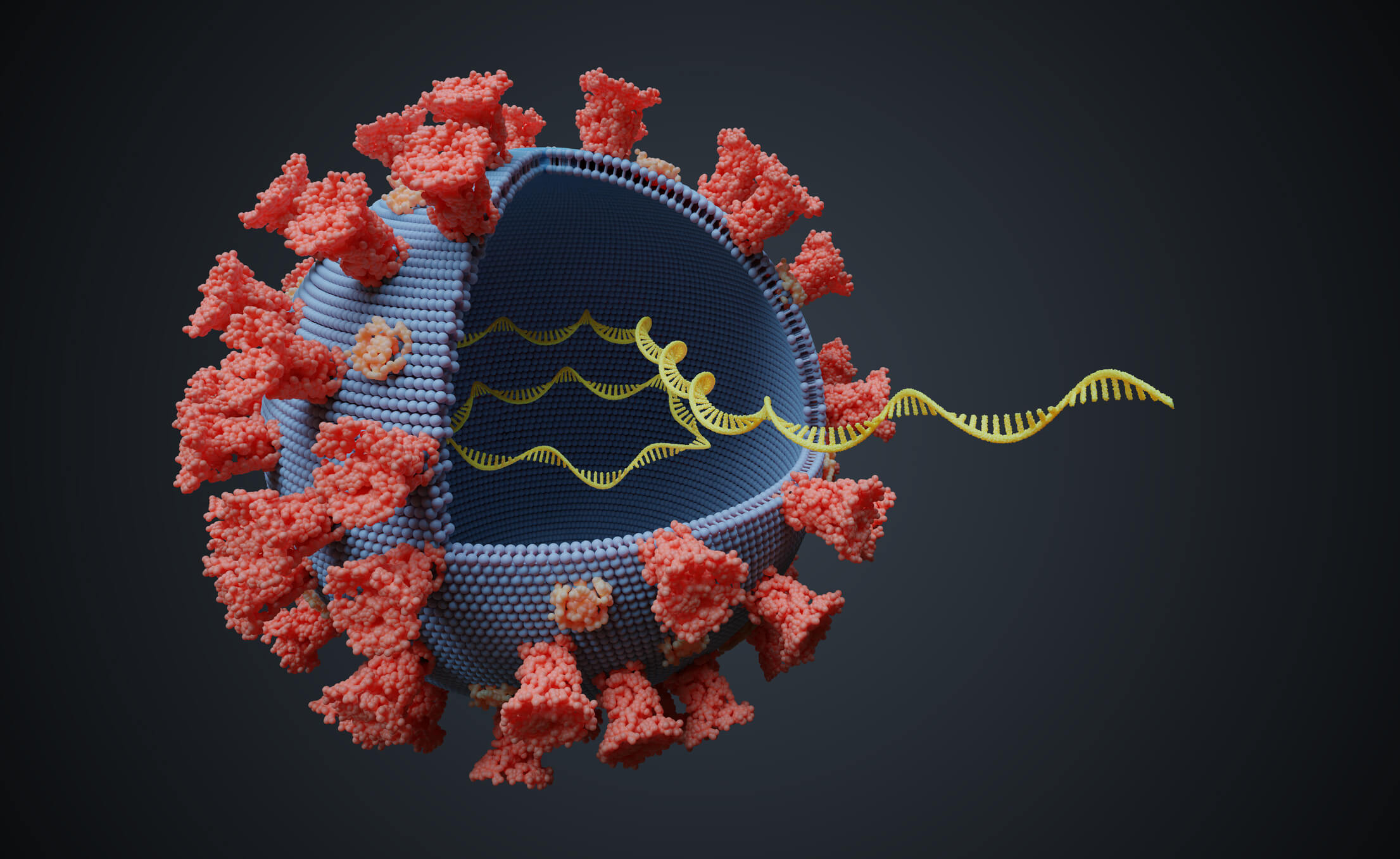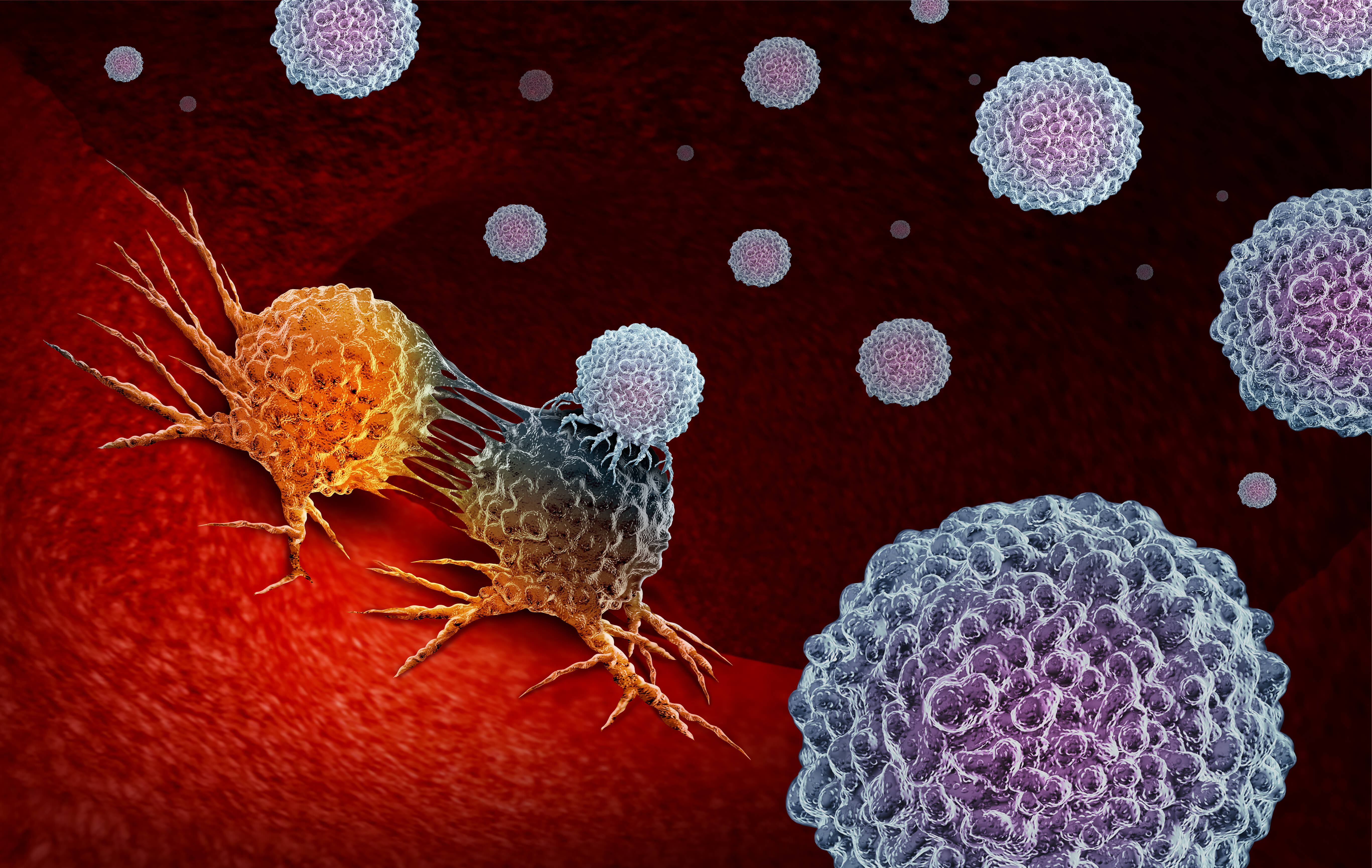Die wichtigsten Momente im Bereich NGS im Jahr 2020

Die NGS-Community erlebte im Jahr 2020 eine unglaubliche Zusammenarbeit im Kampf gegen COVID-19. Tausende von Peer-Review-Manuskripten über das Coronavirus wurden veröffentlicht und mehr als 45.000 Sequenzen wurden bei der GenBank eingereicht. Twist Bioscience brachte synthetische SARS-CoV-2-RNA-Kontrollen und ein NGS-Zielanreicherungspanel zum Nachweis von Viren bei COVID-19-Patienten auf den Markt. Oxford Nanopore, MGI und Illumina machten bedeutende Fortschritte in der Sequenzierungstechnologie, einschließlich einer höheren Genauigkeit und Effizienz bei geringeren Kosten für die Wissenschaftler. Die erste Fallstudie zur bahnbrechenden Umkehrung von Typ-1-Diabetes durch Sequenzierung des gesamten Exoms wurde veröffentlicht. Hier sind einige Highlights eines sehr ereignisreichen Jahres 2020:
Die unglaubliche Mobilisierung bei der Bekämpfung der COVID-19-Pandemie
Researchers around the world are collaborating in extraordinary ways to tackle the COVID-19 pandemic. Roughly 4% of the world’s research output was focused on the coronavirus, with over 100.000 published articles. The number of sequences submitted to GenBank grew exponentially, with over 45.000 submitted sequences. At the beginning of the pandemic, papers focused on the spread, outcomes, diagnostics, and testing. As the year went on, the shift focused to mental health research related to the virus.
In addition, over 300 COVID-19 in vitro diagnostic kits have had Emergency Use Authorization (EUA) approvals, spanning over 9 kinds of technology including antigen lateral flow, real-time reverse transcriptase polymerase chain reaction (qRT-PCR), electrochemiluminescence immunoassays (ECLIAs), enzyme linked immunosorbent assays (ELISAs), and many more. EUAs allow the Food and Drug Administration (FDA) to strengthen public health protection against threats by facilitating the availability of medical countermeasures (MCMs) needed during emergencies.

Twist Bioscience bringt synthetische Kontrollen für COVID-19-Tests auf den Markt
On March 12th, 2020, Twist Bioscience announced the availability of two synthetic SARS-CoV-2 RNA controls. These controls provide quality control for the development, verification, and validation of diagnostic tests including next-generation sequencing (NGS) and RT-PCR for COVID-19. The two controls cover the full SARS-CoV-2 viral genome and are sequence-verified. The FDA added the Twist controls as reference materials to their website on March 25th, 2020.
Nur vier Tage nach der Ankündigung der beiden synthetischen SARS-CoV-2-RNA-Kontrollen gab Twist Bioscience die Verfügbarkeit eines NGS-Zielanreicherungspanels zum Virusnachweis und zur Charakterisierung von Patienten bekannt, die positiv auf SARS-CoV-2 getestet wurden. Diese Panels sind für Umweltmonitoring- und -überwachungstests konzipiert und bieten Einblicke in Sequenzinformationen zur Verfolgung der Virusentwicklung. Die NGS-Panels von Twist Bioscience verwenden die firmeneigene DNA-Syntheseplattform auf Siliziumbasis in Verbindung mit Zielanreicherung mithilfe DNA-basierter Hybridisierungssonden. Sie bieten einen hohen Durchsatz und eine spezifische Infektionsidentifikation aus Blut-, Nasen- und Stuhlproben. Diese Target-Enrichment-Werkzeuge wurden verwendet, um SARS-CoV-2 in den U-Bahnen von New York City spezifisch nachzuweisen und gleichzeitig anderes genetisches Material herauszufiltern, was zu kostengünstigeren und zuverlässigeren Sequenzierungsergebnissen führte.
Als schnelle Reaktion auf einen neuen Stamm, der im Dezember in Großbritannien und Südafrika zirkulierte und sich noch schneller überträgt, nutzt Twist Bioscience seine Plattformsynthesetechnologie und -infrastruktur, um eine zusätzliche Kontrolle für die Erkennung dieser spezifischen Variante anzubieten.
Oxford Nanopore erreicht mit PromethION 99,1%ige Genauigkeit
During the 2020 Nanopore Community Meeting earlier this month, Oxford Nanopore revealed a few key advances in sequencing technology. First, their large-scale, long-read, direct DNA and RNA sequencing platform, PromethION, reached a record 99,1% modal single-read accuracy using improved sequencing chemistry, high-accuracy variant calling tools, and automation options at scale. Second, updates to their new analysis algorithm, Bonito CRF, have shown 98,3% single-read accuracy, which is corroborated by customer reports. These updates also improved structural variation accuracy to 96% with only 30X coverage. Single nucleotide polymorphism accuracy also reached 99,92%. Third, Oxford Nanopore collaborated with Hamilton and Opentrons to provide automation solutions for high-throughput projects or everyday workflows such as library preparation or liquid handling.
MGI und Illumina bieten erschwingliche Sequenzierungsplattformen
In February during the Advances in Genome Biology and Technology annual meeting, MGI announced the DNBSeq Tx “extreme throughput” sequencing platform, able to produce human genomes for only $100 in consumables costs. This platform consists of several components that spatially uncouples fluidics from imaging and uses large open slides instead of flow cells to carry the DNA nanoball arrays. It has an output of 70 terabases per run and has a runtime of 3,5 days and can process up to eight independent slides, each of which can produce data for up to 150 human genomes at 30X coverage. However, there are some caveats. In the US, the DNBSeq Tx platform will only run with the antibody-based CoolMPS sequencing chemistry. MGI has also not determined a list price. Lastly, MGI is currently in litigation disputes with Illumina, who was granted preliminary injunction for two patent lawsuits.
In August, Illumina announced the NovaSeqTM 6000 v1.5 Reagent Kit, making whole-genome sequencing more accessible and affordable. With only a $600 price tag, labs can now perform single-cell genomics, whole-genome sequencing, and liquid biopsy with flexibility and accuracy at scale. This kit has been enhanced to include improved quality specification score (Q30 scores upwards of 85% for read lengths up to 2x150bp), fully supported unique molecular identifiers, extended shelf life (six months instead of the previous three months), and support for new library prep kits and assays such as the Illumina DNA PCR-Free Prep Kit.
Illumina erwirbt GRAIL für 8 Milliarden US-Dollar
After filing to go public, GRAIL, a healthcare company focused on early cancer detection, was acquired by Illumina for $8 billion in cash and stock. This acquisition adds a multidisciplinary team to address NGS, population-scale clinical studies, and machine learning to multi-cancer screening, with earlier detection and better outcomes. GRAIL has been making progress on its GalleriTM multi-cancer screening test using methylation signatures in cell-free DNA. This technology will be used for broadly available blood-based cancer screening that will make detection more effective and cheaper. GalleriTM is expected to launch in 2021.

Guardant Health und Foundation Medicine befinden sich im Rechtsstreit um die Flüssigbiopsietechnologie
Guardant Health, a leading precision oncology company, received FDA approval for its Guardant360® CDx, a liquid biopsy and NGS platform that uses high-throughput tumor profiling on blood to provide genetic information about a patient’s tumor in just seven days. The approval is for identifying epidermal growth factor receptor (EGFR) mutations in patients who might benefit from TAGRISSO (osimertinib), an FDA- approved therapy for metastatic non-small cell lung cancer (NSCLC). This less-invasive method for comprehensive genomic profiling moves beyond limitations of tissue specimens and provides better assessment of tumor composition, making it easier to identify problematic mutations in 55 tumor genes simultaneously.
In November, Guardant filed a lawsuit against Foundation Medicine, owned by Roche, for infringing on seven patents related to liquid biopsy. Foundation received FDA approval for its FoundationOne® Liquid CDx pan-tumor liquid biopsy test in August. This platform also uses a simple blood draw to analyze over 300 genes and genomic signatures for all solid tumor cancers. Because of the COVID-19 pandemic, the patent infringement jury trial will be on hold until March 2021.
Präzisionsmedizin mit Exom-Sequenzierung kehrt Typ-1-Diabetes um
In their correspondence to the editor of The New England Journal of Medicine, Chaimowitz et al. describe a case study of a 17-year-old boy with type 1 diabetes (T1DM). Whole-exome sequencing revealed a pathogenic heterozygous gain-of-function mutation in STAT1, a transcriptional activator involved in cell survival or pathogen response. Der Export von STAT1 aus dem Zellkern kann durch die JAK1-Kinaseaktivität reguliert werden. Der Patient wurde mit dem JAK1/2-Inhibitor Ruxolitinib behandelt, der sein T1DM umkehren konnte. Der Patient konnte die Insulindosen reduzieren und insgesamt ein Jahr nach Beginn der Behandlung mit Ruxolitinib und fast zwei Jahre nach der Diagnose von T1DM schließlich einstellen. Diese Fallstudie ist die erste, die eine Umkehrung von T1DM aufgrund einer STAT1-Mutation zeigt.
With all of these new technologies in NGS diagnostics and treatment, the NGS industry will be riding a wave of momentum going into 2021! Twist is proud to support the scientific community with robust tools for NGS analysis.
Was denken Sie?
Gefällt mir
Gefällt mir nicht
Gefällt mir sehr
Überraschend
Interessant
